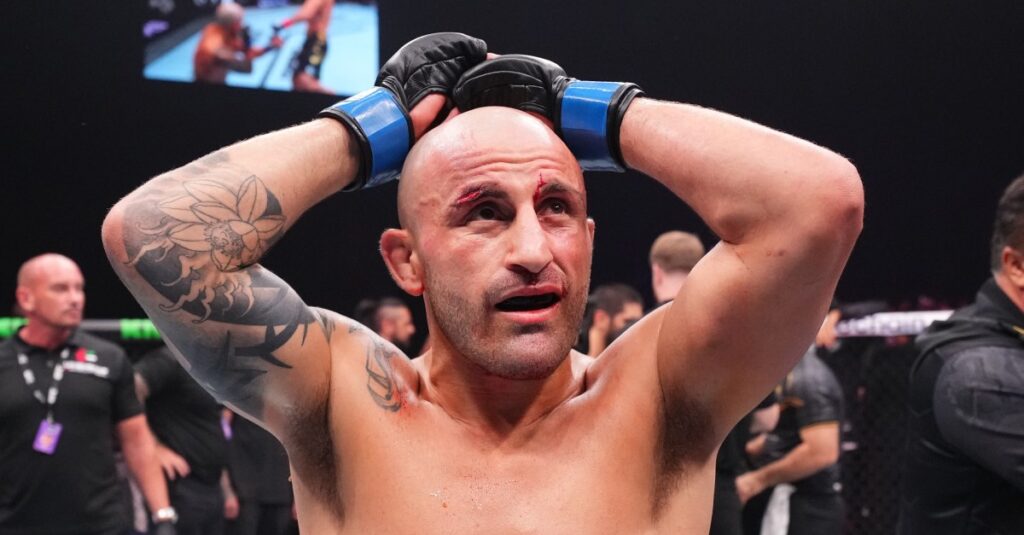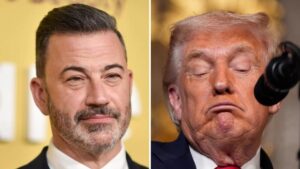
Alexander Volkanovski, a prominent figure in the world of mixed martial arts, has candidly acknowledged the repercussions of his decision to fight Ilia Topuria too soon after experiencing a knockout loss. Volkanovski, who has only been knocked out three times in his career, sees a connection between his recent defeats, both occurring within a short span of time.
After a dominant performance against Yair Rodriguez at UFC 290 in July 2023, where he successfully defended his featherweight title for the fifth time, Volkanovski was still riding high on the pound-for-pound rankings. However, just four months later, he accepted a rematch against Islam Makhachev at UFC 294 on short notice, stepping in for Charles Oliveira who had to withdraw due to an injury. This decision, while bold, resulted in a first-round knockout by Makhachev, a defeat that would soon be compounded by another.
The Consequences of a Quick Return
Volkanovski’s eagerness to return to the octagon saw him face Ilia Topuria only four months after the Makhachev fight. The result was another brutal knockout, with Volkanovski losing his 145-pound belt to the undefeated Topuria at UFC 298. Reflecting on these back-to-back losses, Volkanovski admitted on The Unscripted Show that he had not allowed himself sufficient time to recover from the previous fight.
“I go in too early and I get knocked out, I lose my belt,” Volkanovski stated, highlighting the stark difference between combat sports and team sports in terms of recovery. “That’s the fact and that’s what happened. I’m not taking anything away from Ilia. I’m just saying that that’s what can happen.”
“I was lights out for a couple of minutes,” Volkanovski recalled, describing the impact of Topuria’s strike.
Impact on Career and Recovery
Volkanovski’s knockout by Topuria marked his first loss at featherweight, a shocking outcome for a fighter who had been undefeated in that weight class. The defeat had significant implications for his career trajectory, prompting Volkanovski to take a much-needed break from competition. He did not return to the octagon for over a year, eventually making a comeback at UFC 314 against Diego Lopes for a vacant title.
His decision to take a hiatus proved beneficial, as Volkanovski appeared rejuvenated and sharp in his return, contrasting sharply with his performance against Topuria. “So am I saying that wouldn’t have happened if I didn’t have the Islam [knockout loss]? I don’t know,” he pondered. “Again, [Topuria’s] very capable of knocking me out.”
Psychological and Physical Toll
The losses to Makhachev and Topuria took both an emotional and physical toll on the 36-year-old Australian. Volkanovski admitted to feeling lost and pressured to redeem himself quickly after being knocked out by Makhachev. “You’ve seen this footage of me sort of breaking down and not knowing what I’m—If I’m like this now, how am I going to be after the sport’s done?” he questioned.
Volkanovski’s quick return to fighting, despite suffering a concussion, was a move driven by a desire to stay busy. “Most people have six months, no head contact, and then start camp,” he explained. “I started training, when you’re training you’re starting head contact pretty quickly.”
Lessons Learned and Looking Forward
Volkanovski’s experience serves as a cautionary tale about the importance of adequate recovery time in combat sports. His acknowledgment of the impact of head trauma underscores the risks inherent in the sport. “A shin to the dome like that, that’s proper contact to the brain,” he noted, describing the severity of the injury sustained during the Makhachev fight.
“That’s trauma to the brain, direct brain trauma. It sounds terrible when I say it like that, but you get what I mean,” Volkanovski said.
As Volkanovski looks to the future, his focus remains on ensuring he is fully prepared before stepping back into the octagon. His story highlights the delicate balance athletes must maintain between competitiveness and health, a lesson that resonates beyond the realm of mixed martial arts.





